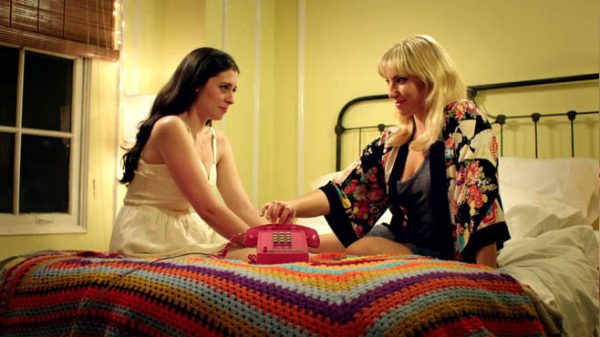Hustlers (2019)
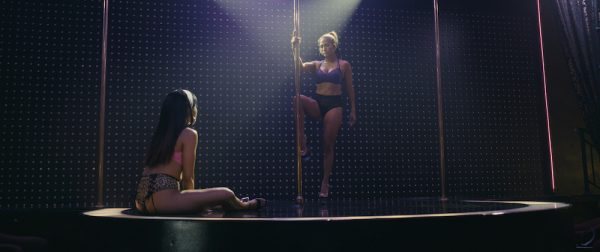
It’s been 24 years since Elizabeth Berkley licked the pole in Showgirls and I’m still mad about it, so I understand the mixture of anticipation and dread with which strippers await Hustlers. What stupid misconceptions will it leave the audience with? How many years will it be the general public’s touchstone for what we do? Will it portray all strippers as one national financial collapse away from forming a ring to drug customers, then max out their credit cards, as they did in the real-life criminal cases at the center of the New York story on which the movie is based?
Hustlers addresses that last question head-on. The film’s framing device is an interview of Destiny (Constance Wu), the character based on Roslyn Keo, by Elizabeth (Julia Stiles), a stand-in for journalist Jessica Pressler. Destiny asks Elizabeth what’s going into the story, and says she doesn’t want it to be a hit piece about how all strippers are thieves, because it’s not like that.
If you, like Destiny, don’t want to see another story paint strippers as ripoff artists, are left unable to enjoy the movie because of the real stigma faced by strippers, because FOSTA has made your life harder while movie stars build award-contending performances on our stories, or because it doesn’t resemble your experience remotely, I absolutely get it. But one reason sex workers feel our depiction in Hustlers is a high-stakes issue is the low rate of representation of strippers and sex workers as leads in major motion pictures. We’re accustomed to being props, punchlines, victims or villians, and we know that it’s going to be a long time before another stripper story is allowed to take center stage. Shouldn’t this one do something good for us? Is it good for the strippers?
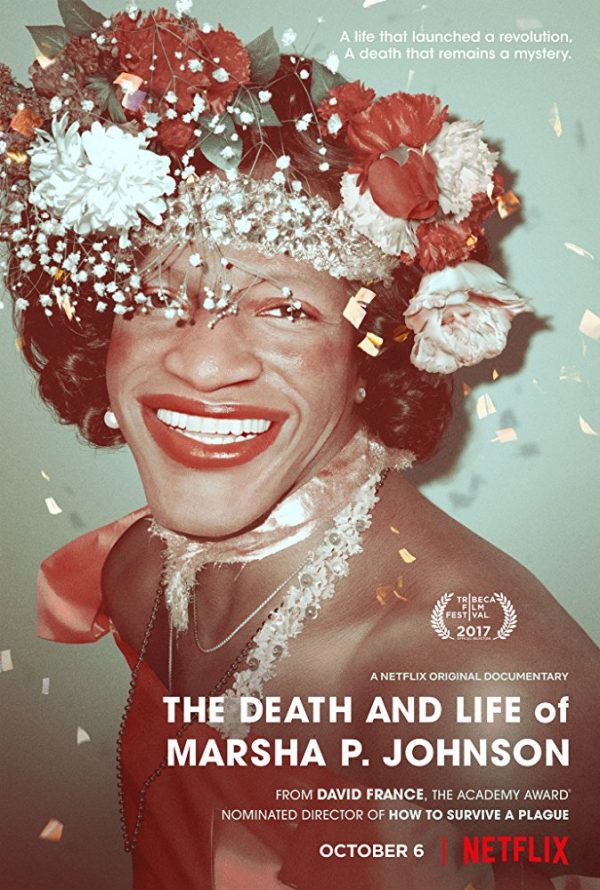
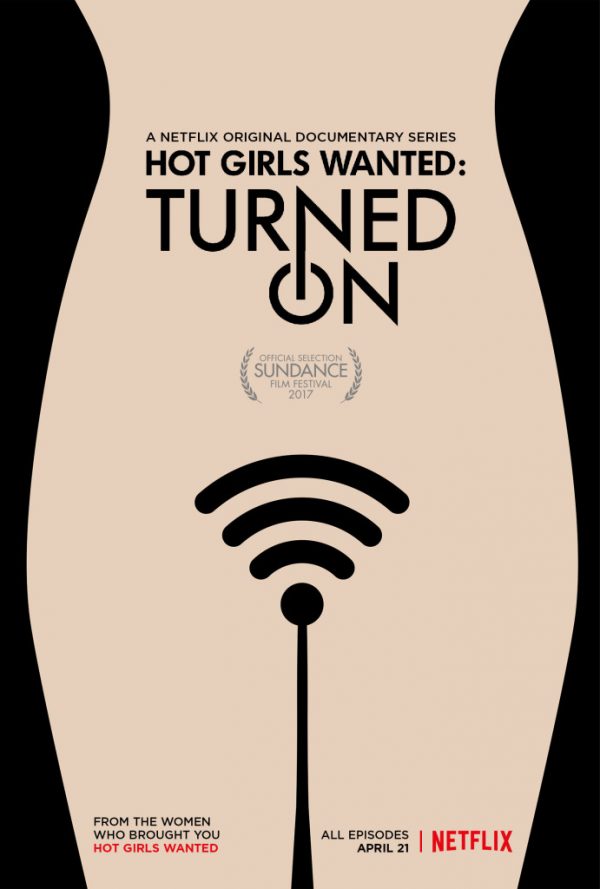
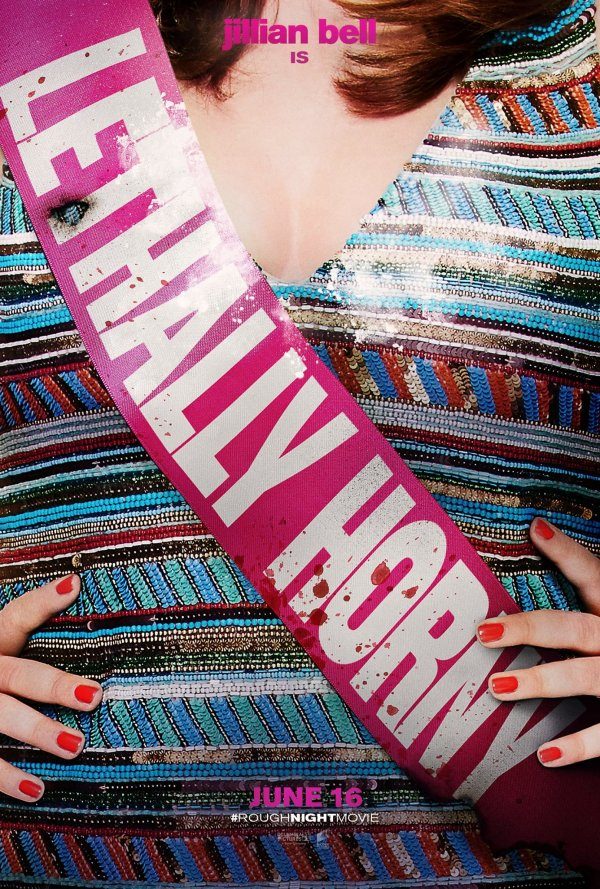 By now, you are probably aware of Rough Night and the animated and practiced (if not exhausted and slightly jaded because this happens all the f*cking time) reaction to it from the sex worker online community.
By now, you are probably aware of Rough Night and the animated and practiced (if not exhausted and slightly jaded because this happens all the f*cking time) reaction to it from the sex worker online community.